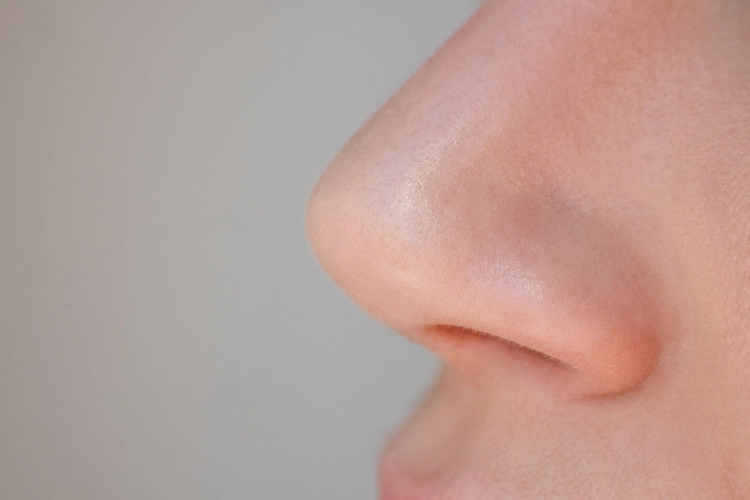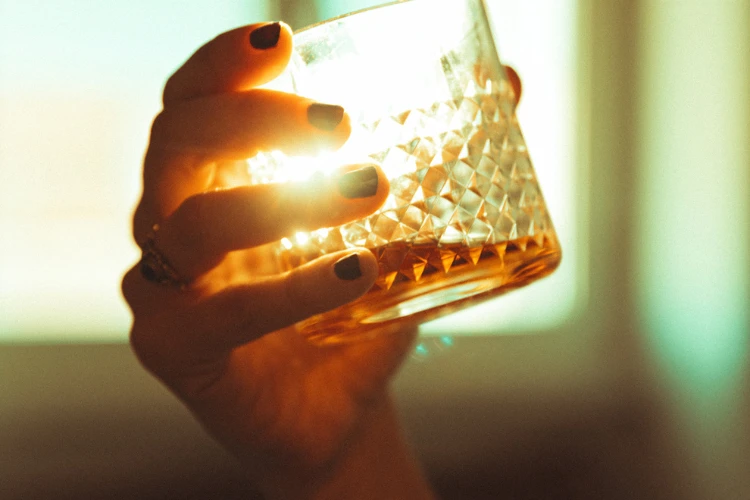If left untreated addiction will only worsen. You may think the top have control over your drug or alcohol addiction, but this could not be further from the truth.
The only way to sustain long-term recovery is through professional drug and alcohol treatment. That’s where we come in.
At Addiction Advocates we can help you find the best drug and alcohol treatment for you. Contact us today and we’ll help you turn your life around.
Get In Touch
Are you suffering from a Drug or Alcohol Addiction in Chingford and need help? If so, Addiction Advocates are leading UK based experts in Private Drug and Alcohol Rehabilitation Treatment. Find out how we can help by getting in touch with our friendly team today. You can either call our confidential helpline or request a callback by clicking on the below form.
Why should I ask for help?
Addiction forms a powerful influence over your brain, to the point where you can no longer control your consumption rates despite the harm it’s causing you.
Due to the effect addiction has on your mind and body, rehab with professional medical care is the most effective treatment. If you fully invest in your recovery, rehab can be transformational, providing you with the means to achieve sustainable long-term recovery.
Anyone can become an addict and an addiction can be formed around a wide range of activities, substances and things, such as; drugs, alcohol, gambling, shopping, the internet, sex, work etc.
However, once an addiction is formed both your mind and body are impacted. Mental Health issues are often caused by addiction, as it isn’t uncommon to suffer with anxiety and depression as an addict, but addiction can also be caused by mental health issues as well. With this in mind, without professional help your chances of long-term recovery are extremely slim.
You may be thinking that simply detoxing at home is the answer, but without addressing all the impact of addiction you’ll find that when life gets difficult you’ll revert back to your old habits which include your addiction.
Since addiction is shrouded in denial, it can be hard to tell if someone is suffering from an addiction, or even admit to yourself that you’re an addict, but these are a few signs of an addiction:
- You cannot go 24 hours without consuming the substance
- You require more and more of the substance in order to feel satisfied
- Isolating yourself from friends and family
- New circle of friends
- Increased irritability
- Secretive
- Increased anxiety and/or depression
- Memory loss
- Changes in personality
- Problems sleeping
- Bloodshot eyes
- Blotchy skin
If you think you have an addiction then it’s imperative that you seek professional help as soon as you can. It is important to understand addiction in order to get better.
What is Detox?
Drug or alcohol detox is the process whereby your consumption levels are slowly decreased until your body is free from the substance. You may be thinking that his process sounds straightforward and easy to complete by yourself and at home. However, we would always recommend that you complete detox under medical supervision due to the withdrawal symptoms that occur throughout detox.
Drug and alcohol withdrawal come with very similar withdrawal symptoms and are dependent on the length and severity of your addiction.
However, since every individual is unique, you can never be certain how your body will cope with the detoxification, which is whey medical care is paramount. Typically, withdrawal symptoms may range between:
- Sweating
- Shakiness
- Nausea and vomiting
- Increased anxiety and/or depression
- Increased blood pressure and heart rate
- Problem sleeping
- Hallucinations
- Seizures
When you complete your detox at Addiction Advocates you’ll receive round the clock care and where withdrawal symptoms become more extreme, prescription drugs can be administered to ensure you remain as comfortable as possible throughout the whole process.
Addiction Treatments
Only once your body is free from the substance can you begin any other form of treatment. Since addiction impacts both your physical and psychological health, therapy is an important part of your addiction treatment to enable you to sustain long-term recovery.
Cognitive Behavioural Therapy (CBT) is the most common type of therapy used to treat addiction, as it identifies the root causes of your addiction and identifies the negative thought processes and habit that drive your addiction.
With this knowledge you can start to change these behaviours and develop more positive thought patterns and habits through the process of psychoeducation. Through CBT you’ll learn how to manage your cravings and develop strategies to help you maintain your sobriety in daily life.
However, CBT on its own is not always enough to help you sustain recovery and avoid relapse. Since addiction consumes your life, you’ll find that once your clean you’ll have a lot of time on your hands.
It’s important that you develop health lifestyle choices and habits to fill this time in a positive way. Throughout the 28 day duration of your treatment programme, we’ll work with you to to fill this time with workshops, group sessions, classes and activities.
Life after Rehab
Upon successful completion of your drug and alcohol rehab you’ll complete a relapse prevention plan to help you maintain your sobriety.
See understand that the first twelve months are the most challenging for any recovering addict, which is why we provide aftercare programmes, designed to provide that extra support and guidance to help you settle back into daily life.
Peer support is vital in sustaining long-term recovery and this can only be found with people who share similar life experiences to yourself.
We’ll introduce you to local support groups where you’ll meet people who are also recovery addicts. This support is invaluable when you feel recovery gets tough.
If you’re finding that readjusting to life after rehab is more tricky than anticipated, perhaps the relationships you’re trying to rebuild are difficult than first thought, we can provide theory and guidance to help you overcome these hurdles.
By seeking professional help with your addiction you’ll provide yourself with the best possible chance of staying clean, but you’ll also equip yourself wit the knowledge you need to understand yourself and your addiction.
For instance you’ll learn about the early warning signs of a relapse, such as a slip in your self-care routine. With this you can sustain your long-term recovery goals.
Start your Rehab
Call us on 0800 012 6088 or text HELP to 83222.
References
- [1] understand addiction - https://www.helpguide.org/harvard/how-addiction-hijacks-the-brain.htm
- [2] psychoeducation - https://www.ncbi.nlm.nih.gov/pmc/articles/PMC2897895/
- [3] self-care - https://www.ncbi.nlm.nih.gov/pmc/articles/PMC4553654/
Latest News

Everything You Need to Know About the Brain-PACER Study
Addiction is a very complex condition that is difficult to treat. It has psychological and habitual elements, but also involves

How to Overcome FOMO in Recovery
Deciding to start your journey of recovery is something you should be incredibly proud of. It’s a life-changing decision, and

What Does Cocaine Do to Your Nose?
Cocaine is a powerful stimulant drug that is recreationally used for its euphoric effects. However, while it might offer immediate

Are Nightcaps Healthy?
You’ve probably heard of the term ‘nightcap’. In drinking terms, it’s up there with ‘one for the road’ and ‘hair